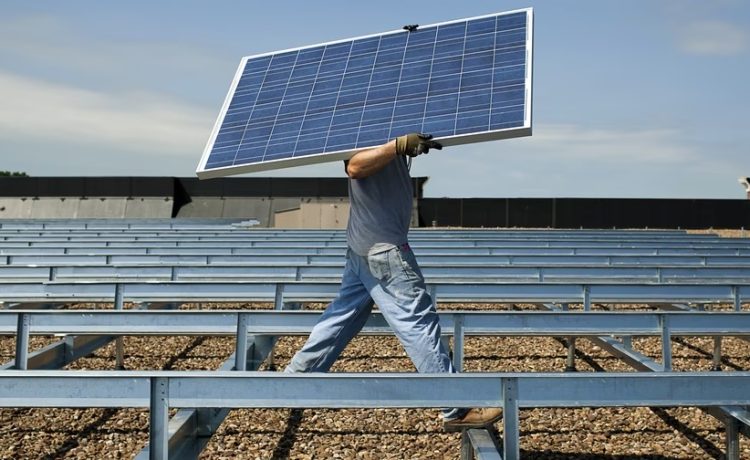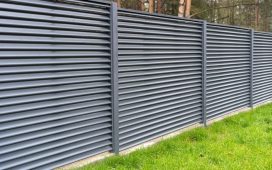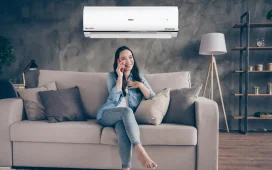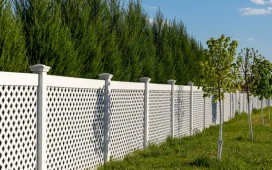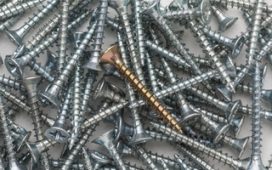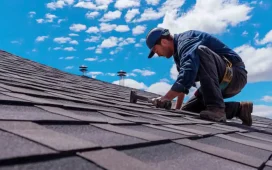Mississippi is a state with extreme weather. Summers bring strong heat and long sunny days. Hurricanes can strike suddenly with powerful winds. Residents worry about protecting their homes during storms. Solar panels are now designed to meet these challenges. They provide energy while enduring harsh local conditions. Sometimes one properly installed system survives the strongest storms. Therefore understanding the durability and installation methods is important before investing. Solar energy can be a reliable choice for the bayou lifestyle.
Performance in Intense Heat
Modern solar panels tolerate high temperatures well. They use materials that remain stable under sunlight. Efficiency slightly drops during extreme heat but remains functional. Panels allow airflow underneath to reduce excessive warming. This helps maintain energy output even in summer. Sometimes one system works through record hot days without failure. So homeowners can trust energy production during peak demand. Panels are tested to meet the climate challenges of Mississippi. High heat is managed through design and smart installation techniques.
Wind-Resistant Installation
Hurricanes bring strong gusts that threaten roofs. Solar panels are mounted with reinforced racking systems. Special brackets anchor panels securely to roofing structures. Engineers plan tilt angles to reduce wind resistance. This prevents lifting or displacement during violent storms. Sometimes one correctly anchored panel survives winds over one hundred miles. So installation strategy matters as much as panel quality. Proper attachment ensures both safety and long-term performance. Wind-resistant design protects homes and solar investment alike. Residents feel confident knowing panels will hold during storms. Choosing the solar panels mississippi based service would be essential here.
Durable Panel Construction
Panels are built with tempered glass and strong frames. Frames resist bending cracking or warping over time. Encapsulation prevents moisture from damaging internal components. This design keeps efficiency high even during severe rain. Sometimes one impact resistant panel prevents costly damage to the system. So manufacturers test products for extreme heat and strong winds. Panels last for decades under Mississippi conditions. Durability is as important as energy production for homeowners. Reliable materials reduce maintenance and repair costs over time.
Storm Preparedness and Safety
Homeowners should plan for hurricanes even with solar panels. Panels are placed with enough space to allow water runoff. Loose objects around rooftops are secured before storms arrive. Electrical systems include safe disconnects to prevent hazards. Sometimes one careful safety check prevents fire or water damage. So regular inspection adds resilience to the solar system. Panels are designed to continue functioning safely after storms. Preparedness combines smart installation with ongoing maintenance practices. Solar power complements storm readiness while providing clean energy.
Conclusion
Mississippi weather challenges are real and demanding. Solar panels perform well in heat and hurricanes. Strong installation methods and durable materials protect homes and investment. Safety precautions increase resilience during storms and emergencies. Sometimes one properly installed panel provides years of reliable energy. Panels continue working when sunlight is abundant after hurricanes. Therefore solar energy is a practical and durable solution for Mississippi residents. Built for the bayou, panels provide both protection and sustainable power. Homeowners can enjoy clean energy without fear of weather disruption.

